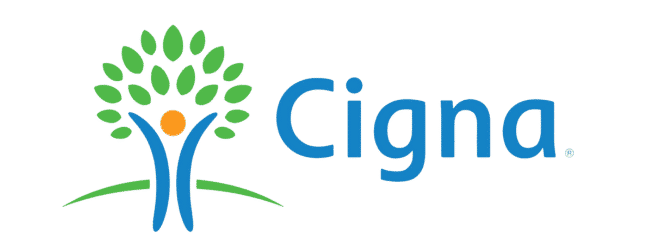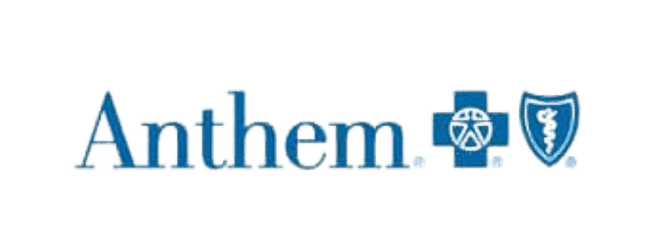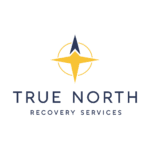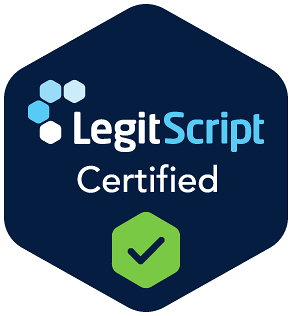HALLUCINOGENS ADDICTION TREATMENT IN DENVER
Providing compassionate and evidence-based treatment options to help individuals overcome hallucinogen addiction and reclaim their lives in Denver County.
In today’s world, hallucinogens are still mostly illegal but widely prevalent in ceremonial and recreational use. Some of the most commonly used hallucinogens include LSD, Ketamine, Psilocybin, Peyote, PCP, DMT, DXM, and MDMA. Most hallucinogens are ingested, drinken in tea or inhaled. The typical onset of effects takes roughly 20-90 minutes and can last as long as 12 hours depending on the substance. Moreover, depending on the amount taken, people can experience effects that range from mild to severe symptoms. In high doses, PCP can cause seizures, coma and death. However, most people who take too much hallucinogen report having a “bad trip” or unwanted/overpowering effects from the substance.
According to a 2020 NIDA report, approximately 2.6% or 7.1 million people ages 12 and older have used some form of hallucinogen in the previous 12 months. In the same study, an estimated 0.1% of people ages 12 and older exhibit Hallucinogen Use Disorder (HUD). From this perspective, the varying types of hallucinogens aren’t very addictive. However, there are properties of each substance that make them highly sought after. Rather than conduct a deep dive into each type of hallucinogen, we’re going to provide an overview of 2 categories of hallucinogen: classic hallucinogens and dissociative drugs.
Classic Hallucinogens
This category of drug typically includes LSD, Psilocybin, DMT and Peyote. Classic Hallucinogens are thought to work by disrupting neural communication and serotonin receptors.
Many people report disrupted perception through images, sounds and sensations that aren’t there. Some of the most common short term and long term effects include:
- Intensified sensory experience and feelings
- Changes in sense of time
- Nausea and vomiting
- Increased heart rate, blood pressure, respiratory rate
- Sleep problems
- Spiritual experiences
- Feeling relaxed
- Loss of appetite
- Paranoia and psychosis
- Uncoordinated behavior
- Persistent psychosis
- Hallucinogen persisting perception disorder (HPPD)
While the long term effects of classic hallucinogen abuse are more common with individuals who have preexisting mental health disorders, anyone can be susceptible to the long term effects given persistent abuse.
Dissociative Hallucinogens
Some of the most commonly abused dissociative drugs include, PCP, Ketamine, DXM, and MDMA. Out of these dissociative hallucinogens, PCP is the primary substance that people report being addicted to. While each of these substances have an effect on serotonin receptors in the brain, PCP releases a significant amount of dopamine, more so than other hallucinogens. Similar to their counterpart, classic hallucinogens, these drugs are sought after because they create intense visual and euphoric sensations. However, they are called dissociative because they make the user feel out of control and more disconnected from their body and physical environment. Although the effects of dissociative drugs vary greatly depending on the amount use, they tend to produce similar short and long term effects, such as:
- Numbness
- Disorientation/loss of balance
- Increased body temperature, heart rate, blood pressure
- Memory loss
- Panic, anxiety and psychosis
- Mood swings
- Trouble breathing
- Loss of speech
- Weight loss
- Anxiety
- Depression and suicidal ideation
If you or someone you know is struggling with Hallucinogen Use Disorder, our team can help! We know how difficult it can be to overcome an addiction and our clinical services are designed to find the root cause of your substance use and propagate change through strong self care routines.
Call us today to learn how we can help you overcome your addiction.
Hallucinogens Addiction Treatment at True North Recovery Services
At True North Recovery Services, we offer specialized treatment programs for individuals struggling with hallucinogen addiction. Our approach combines evidence-based therapies, personalized treatment plans, and holistic support to address the unique challenges of hallucinogen dependence. We focus on healing both the mind and body, helping clients understand the impact of hallucinogens on their mental health and providing tools for sustainable recovery. With a dedicated team of professionals, we guide our clients through every step of their recovery journey, empowering them to regain control and find their path to a healthier, substance-free life.
EXCELLENTTrustindex verifies that the original source of the review is Google. ⭐⭐⭐⭐⭐ True North Recovery – A Place That Truly Changes Lives True North Recovery is more than just a program, it’s a community built on compassion, accountability, and genuine care. From the moment you walk through the doors, you can feel the difference. The staff go above and beyond to meet clients where they are, offering individualized support that restores both confidence and hope. They don’t just focus on sobriety—they focus on rebuilding lives, helping people discover purpose and self-worth again. What sets True North apart is their authenticity. The team understands recovery on a personal level, creating a safe and empowering space for growth. The life skills, peer support, and structure they provide are second to none. Whether it’s a tough day or a big win, they walk alongside you every step of the way. If you or someone you love is ready to take that next step, True North is the place to do it. They truly live up to their name, helping you find your true north again.Posted onTrustindex verifies that the original source of the review is Google. It has been super helpful for my recoveryPosted onTrustindex verifies that the original source of the review is Google. There greatPosted onTrustindex verifies that the original source of the review is Google. The place to get help!Posted onTrustindex verifies that the original source of the review is Google. True North Recovery Services Review True North Recovery Services has been an incredible blessing in my life. I want to personally thank Kelly for all of her love, guidance, and support throughout my recovery journey. She truly goes above and beyond for everyone who walks through those doors, showing compassion, patience, and a genuine desire to see people heal and grow. Because of Kelly and the team at True North, I was able to rebuild my confidence, strengthen my faith, and stay focused on my goals. Their program gave me the tools and encouragement I needed to continue becoming the man I was meant to be. I can honestly say True North Recovery helped me find direction when I felt lost. Thank you, Kelly, for believing in me and for everything you’ve done to help me stay on the right path. God bless you and everyone at True North Recovery for the lives you continue to change every single day.Verified by TrustindexTrustindex verified badge is the Universal Symbol of Trust. Only the greatest companies can get the verified badge who has a review score above 4.5, based on customer reviews over the past 12 months. Read more
Hallucinogen Addiction Treatment in Denver
Looking for compassionate hallucinogen addiction treatment in Denver, Colorado? True North Recovery offers expert treatment and an intensive outpatient program in a supportive, healing environment – find us on the map below and start your recovery journey today.
We Accept Most Major Insurances











Opening Hours:
Monday – Friday 8am – 9pm
Phone: (720) 669-6793
Email: info@truenorthrecoveryservices.com
Address: 2696 S Colorado Blvd Ste 445 Denver, CO 80222



